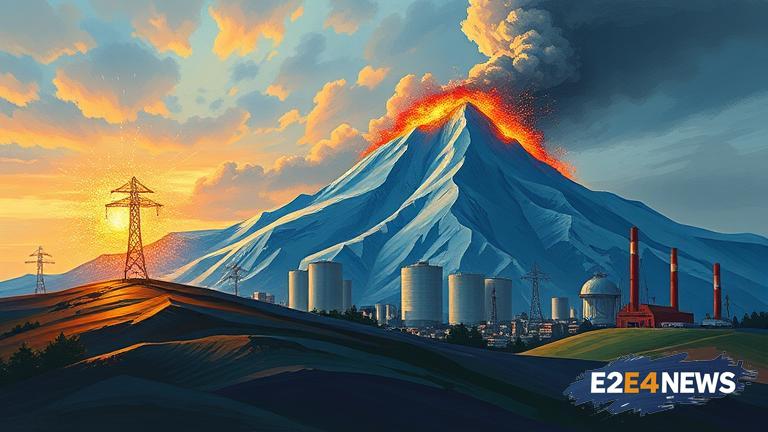The increasing frequency and severity of climate-related disasters are creating a new market reality for insurance carriers. As the world grapples with the challenges of climate change, the insurance industry is being forced to evolve and adapt to the new normal. Climate catastrophes such as hurricanes, wildfires, and floods are becoming more frequent and intense, resulting in significant losses for insurance companies. In response, insurance carriers are re-evaluating their risk assessment models and adjusting their premiums to reflect the new reality. This shift is having a profound impact on the industry, with some insurers choosing to withdraw from high-risk areas or increase their premiums to unaffordable levels. As a result, many homeowners and businesses are being left without adequate insurance coverage, leaving them vulnerable to financial ruin in the event of a disaster. The insurance industry is also facing increased regulatory scrutiny, with governments and regulators calling for greater transparency and accountability in the face of climate change. Despite these challenges, there are opportunities for innovation and growth in the insurance industry, particularly in the development of new products and services that address the specific needs of climate-vulnerable communities. Insurers are also investing in new technologies, such as artificial intelligence and data analytics, to better assess and manage climate-related risks. Furthermore, there is a growing recognition of the need for a more holistic approach to risk management, one that takes into account the social and environmental impacts of climate change. This includes investing in climate resilience and adaptation measures, such as sea walls and green infrastructure, to reduce the risk of disasters and minimize losses. Additionally, insurers are exploring new partnerships and collaborations with governments, NGOs, and other stakeholders to develop more effective and sustainable solutions to the climate crisis. The impact of climate change on the insurance industry is not limited to any one region or country, but is a global phenomenon that requires a coordinated and collective response. As the world continues to grapple with the challenges of climate change, the insurance industry will play a critical role in helping to mitigate and manage the risks associated with these disasters. In conclusion, the rising climate catastrophes are creating a new market reality for insurance carriers, one that requires innovation, adaptation, and a commitment to sustainability and resilience. The insurance industry must work together with governments, regulators, and other stakeholders to develop effective solutions to the climate crisis and ensure that communities are protected and resilient in the face of disaster. The future of the insurance industry will depend on its ability to adapt to the new reality of climate change and to develop innovative and sustainable solutions to the challenges it poses. The industry must also prioritize transparency, accountability, and social responsibility, recognizing the critical role it plays in protecting communities and promoting economic stability. Ultimately, the insurance industry has a unique opportunity to make a positive impact on the climate crisis, and to help create a more resilient and sustainable future for all.
